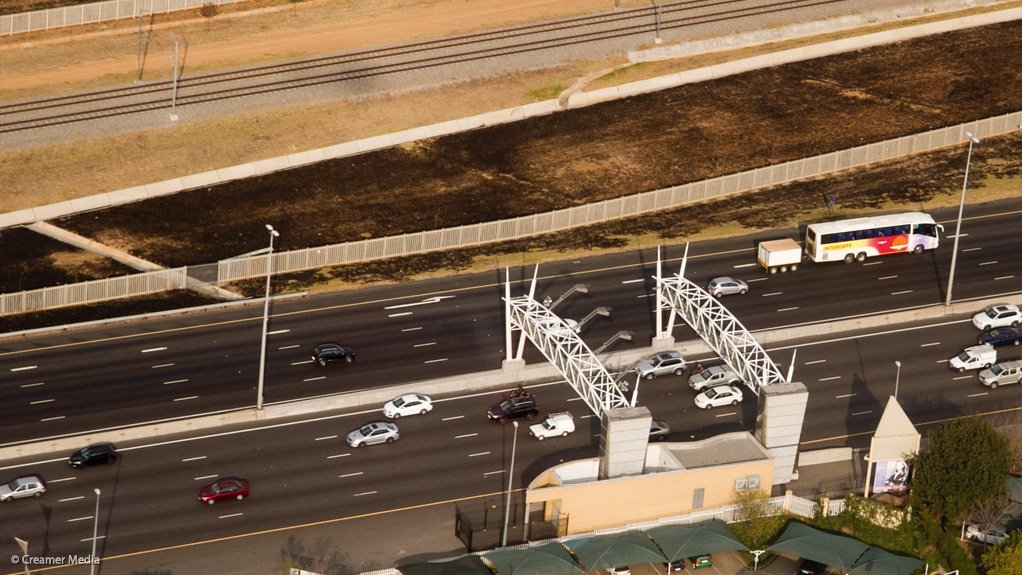Sanral should make public all financial records involved in the e-tolls project, the Democratic Alliance said on Thursday.
"In the interest of true transparency and in the interest of having an informed public, the full financial implications of the project should be made available to the public, including profits for all involved parties," Neil Campbell of the DA told the E-tolls Advisory Committee.
"We once asked for copies of records and we were told we could get any document we wanted, provided we paid R1 million. We don't have such money."
Campbell asked what the SA National Roads Agency Limited (Sanral) was hiding by demanding payment before people could have access to the documents.
"There is still no certainty of who benefits, and by how much, from the current fiasco. Attempts by Sanral to avoid disclosure of similar plans in the Western Cape indicate the agency has something to hide," he said.
Campbell told the panel that government had to think of alternative means to collect funds for the maintenance of roads and to pay off whatever amount might be outstanding on the Gauteng Freeway Improvement Project (GFIP).
"Any existing unalterable contract arrangement should be reduced to a 'buy-out' sum, and funded by the national department of transport or the Treasury."
Campbell called on government to improve public transport in the province and not only focus on the Rea Vaya buses and the Gautrain.
He added that the implementation of e-tolls in Gauteng had led to burdens on other spheres of government. He said municipal and regional roads were now under severe strain as motorists tried to dodge e-tolls.
"The people who are avoiding the tolls are putting more strain on other spheres of government. More traffic on by-roads is causing pollution in suburbs."
Campbell said municipalities were being burdened with having to fix roads damaged due to unsuitable vehicles using them to avoid e-tolls.
The poor were also affected by e-tolls in their everyday life, because e-tolls had pushed up food prices as businesses passed on the costs to consumers.
Campbell also raised concerns about the flaws and discrepancies associated with the Electronic National Administration Traffic Information System (eNaTIS) and Sanral's collection methods.
He said licence plates in the province had been cloned and nothing was being done to remedy or tackle the issue. People received invoices for travels they knew nothing about.
"The system is corrupt. People who have never been on the roads are getting invoices. There was research that showed 10 percent of licence plates were cloned," he said.
EMAIL THIS ARTICLE SAVE THIS ARTICLE
To subscribe email subscriptions@creamermedia.co.za or click here
To advertise email advertising@creamermedia.co.za or click here











